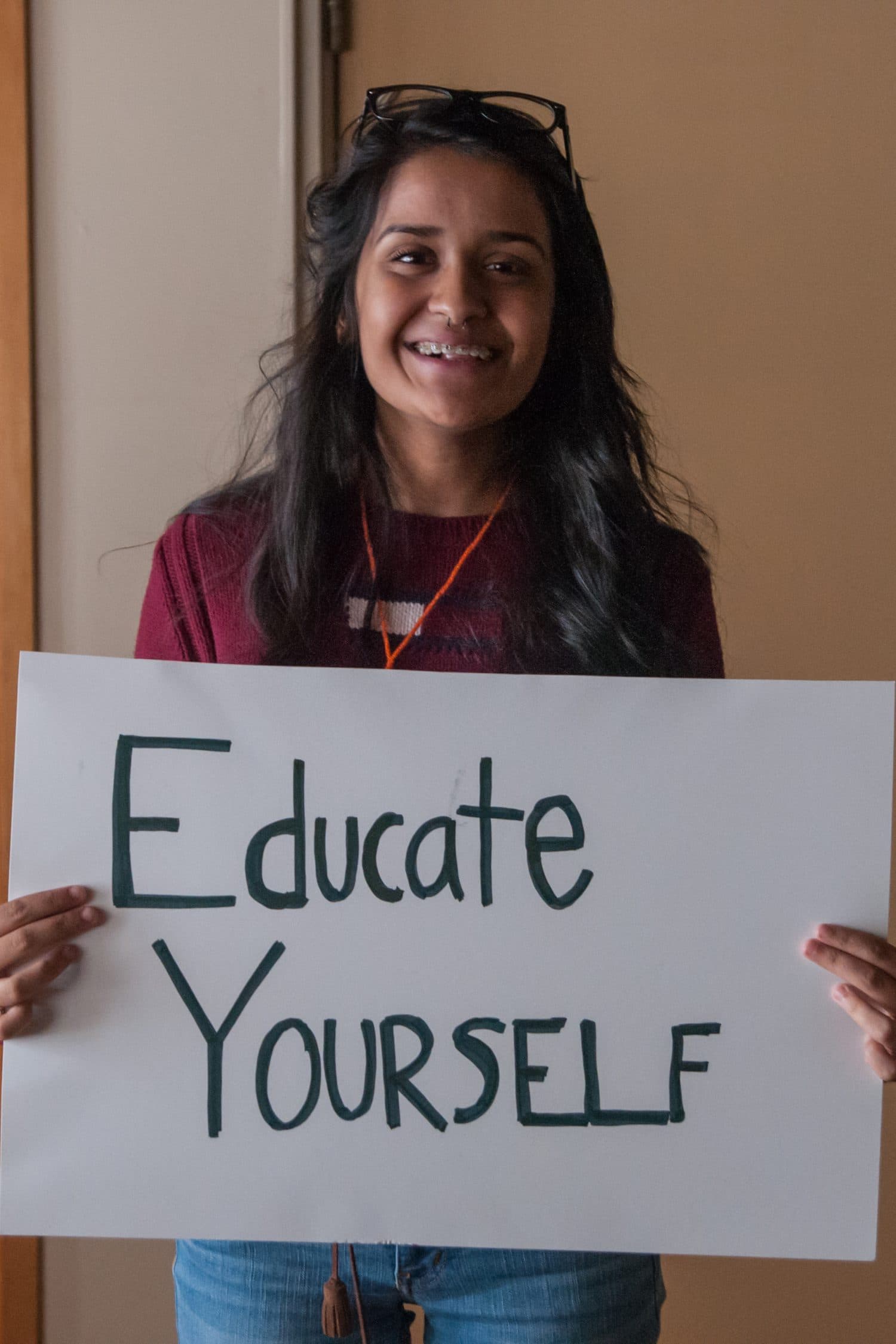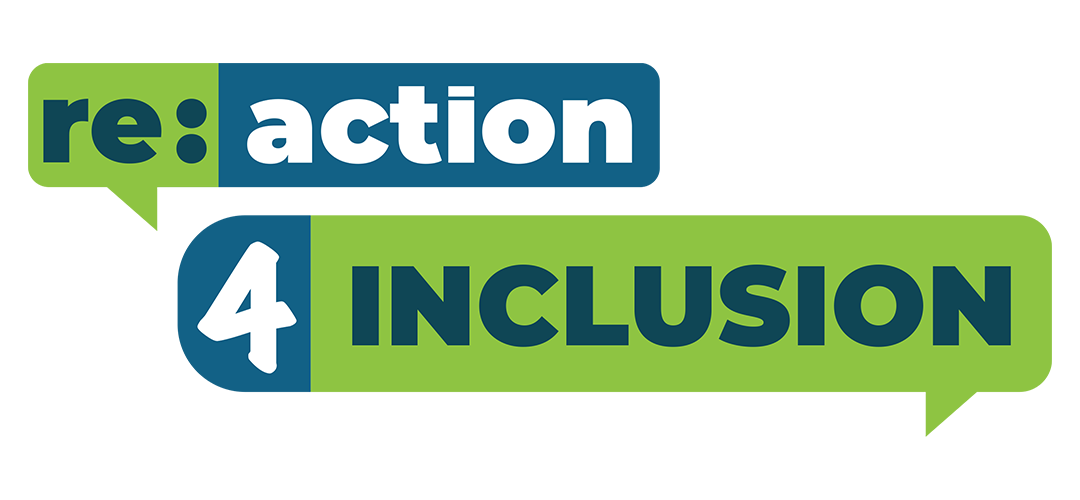Curriculum
Start The Conversation on Inclusion TODAY!
CURRICULUM

Youth serving organizations, teachers, and students with and without a disability can use this resource. The simple layout, easy to read instructions and interactive activities will inspire you and help you put your ideas into action. ANYONE can use this curriculum and it’s a fun and easy way to get others in your school and community thinking about perceptions of disability and real life experiences.
Each activity can be adapted to suit your audience and meet the needs of the individuals teaching the module. Check out the sample PDF to get a birds eye view of what’s included in the module and then email us for a FREE printed or electronic copy!
Check out our training workshops below. Youth from the movement would be happy to come to your school and facilitate with you!
RESOURCE
Credibility
During the design process, we tested the curriculum activities, trained youth to use it and used their feedback to adapt the material over time. We have refined each module based on the feedback we received and are pleased to offer you this resource.
For more information regarding the development of Re: Action4Inclusion’s Curriculum, our literature review or our training opportunities, please contact us using the portal provided on this page HERE.

Modules
Five modules, dozens of activities, tons of fun!
Module 1
Advocacy
The term “advocacy” means the active promotion of a cause or principle. Advocacy involves taking action in order to achieve a selected goal or outcome.
This module includes questions for group discussions and worksheets that will help you think through what’s needed to put together an advocacy campaign. The module will lead groups through meaningful discussions that will help you identify an issue, determine your target audience, set goals and create key messages as well as implement an action plan. All you need is a quiet place to work and some inspired people to work with!
Module 2
Creative Leadership
We use the word “leader” to describe someone who guides and inspires others.
This module will deepen an understanding of leadership, in its many forms, and will help your group determine the strengths of everyone in your group. With or without a disability, we all have something to contribute! This module does a great job of helping a group define their own definition of leadership and recognize the leaders within themselves.
Module 3
Inclusion
This module will walk a group of people through the difference between Inclusion, Exclusion and Acceptance. It will get people thinking about how we can move beyond acceptance and cultivate relationships with people out of genuine interest and respect. The module includes an activity with a variety of scenarios that will facilitate conversation and help your peers and collegues recognize the difference.
Module 4
Civic Engagement
Youth across Ontario are required to complete a total of 40 community hours. Volunteering is a great way to give back to your community. Civic Engagement is about having ownership and a responsibility to one another in our communities. So how can youth have a sense of ownership in their community and feel a sense of responsibility to making it better if their voice is not heard? This module provides several case studies that demonstrate how youth with and without an intellectual disability can contribute to a greater good. It also provides ideas for organizing an outreach activity that you can use to engage with your greater community.
Module 5
COMMUNITY DEVELOPMENT
This module asks people to start thinking about ways that they can build better communities by looking at their own contributions (what a person has to offer) and recognizing a need to be looking for contributions from others. In this module, youth will literally build and design communities where they can thrive!
